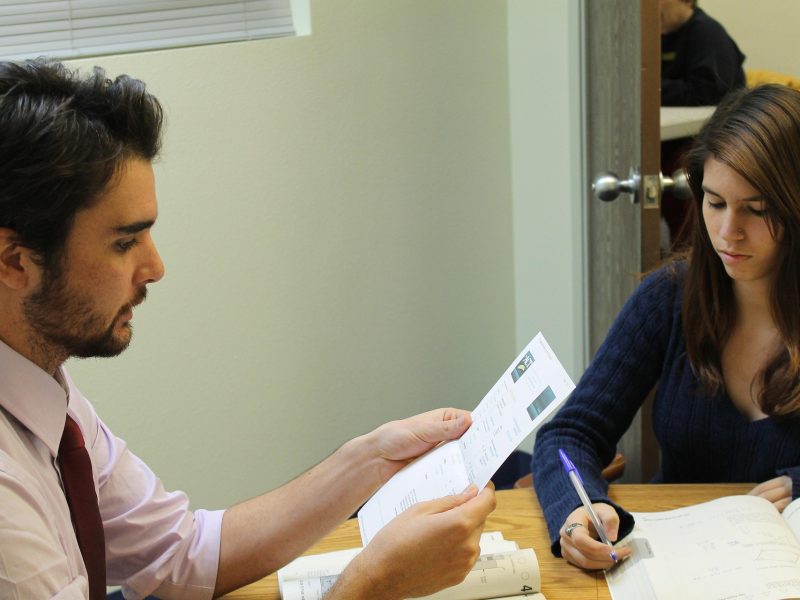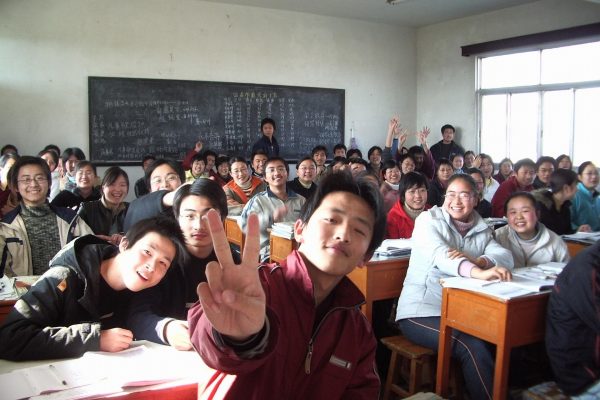
One of the primary goals of education, and indeed parenting, is to prepare young people to navigate the world independently and responsibly. While academic knowledge is crucial, true readiness for life involves a broader set of skills: self-management, decision-making, resilience, and the ability to advocate for oneself.
Parents often wonder how best to cultivate these qualities. For families considering boarding school, the prospect of their child living away from home often brings the question of independence to the forefront. Is it too much, too soon? Or is the structured environment of a boarding school actually an ideal incubator for developing the self-reliance needed for future success? As educators know, fostering independence is a delicate balance. This post explores how the unique ecosystem of boarding school, with its blend of structure, support, and inherent distance from home, actively cultivates student independence, equipping graduates with essential life skills that provide a significant advantage in college and beyond.
The Catalyst: Living Away from Home
The most obvious driver of independence at boarding school is the simple fact of living away from the immediate, daily support system of home. Without parents readily available to wake them up, remind them about assignments, manage their schedules, or solve minor problems, students must learn to take ownership of their daily lives. This transition, while potentially challenging initially, is a powerful catalyst for growth.
Students quickly realize they are responsible for getting to classes on time, managing their academic workload, keeping their living space tidy, doing their laundry, budgeting personal money (if applicable), and navigating social interactions more autonomously.
As highlighted by institutions like The Global College, this isn’t about being thrown into the deep end unprepared. Boarding schools provide a structured environment with clear expectations, routines (like mandatory study hours or lights-out times), and accessible support from dorm parents, advisors, and faculty. It’s independence within a safety net – a crucial distinction. This controlled environment allows students to practice self-management skills with guidance readily available, making the learning curve less steep and more supportive than suddenly facing complete independence upon arriving at college.
Mastering Time Management and Organization
Boarding school life is typically busy, juggling academics, extracurriculars, social time, and personal responsibilities. Effectively managing this packed schedule requires students to develop strong
time management and organizational skills (key skills discussed in
Preparing for the Future: Skills Students Gain). They learn to prioritize tasks, break down large assignments, plan ahead for deadlines, and balance competing demands on their time.
The structured nature of the school day and week provides a framework, but students must learn to operate effectively within it. Mandatory study halls instill discipline, but students still need to decide how to use that time productively. Choosing between attending a club meeting, finishing homework, or socializing with friends becomes a daily exercise in decision-making and consequence management. Learning to use planners, digital calendars, and other organizational tools becomes essential. This constant practice in managing one’s own time and responsibilities is invaluable preparation for the less structured, high-demand environment of college, where professors won’t provide daily reminders and effective time management is critical for academic survival.
Cultivating Responsibility and Accountability
Living in a community setting fosters a heightened sense of responsibility and accountability. Students are accountable not only for their academic performance but also for their behavior within the dorm and the broader school community. They learn that their actions impact others – whether it’s keeping shared spaces clean, respecting quiet hours, fulfilling commitments to teams or clubs, or adhering to the school’s code of conduct.
This environment teaches natural consequences.
Forgetting homework means facing the teacher directly. Missing a practice might mean letting down the team. Failing to manage responsibilities has tangible outcomes that students must address themselves, rather than having parents intervene. Dorm parents and advisors guide students through these situations, helping them learn from mistakes and develop a stronger sense of personal responsibility. This process builds character and integrity, teaching students to own their choices and understand their role within a community – qualities essential for responsible adulthood.
Developing Self-Advocacy and Resourcefulness
When faced with challenges – academic struggles, social conflicts, or personal difficulties – boarding school students learn the crucial skill of self-advocacy. Without parents immediately present to solve problems or speak on their behalf, students must learn to identify their needs and proactively seek help from the appropriate resources within the school community.
This might involve scheduling a meeting with a teacher for extra help, approaching an advisor for guidance on a personal issue (leveraging
Faculty Mentorship), utilizing the health center for medical needs, or seeking support from counseling services. Boarding schools typically have extensive support systems, but accessing them requires student initiative. Learning to articulate needs clearly, ask for help appropriately, and navigate available resources builds confidence and resourcefulness. This ability to self-advocate is a significant advantage in college, where students must independently access support services like tutoring centers, writing labs, or disability services to succeed.
Building Resilience Through Navigating Challenges
Boarding school life inevitably presents challenges – academic pressure, social adjustments, homesickness, disagreements with roommates, or setbacks in activities. Navigating these difficulties away from the immediate comfort of home builds significant resilience. Students learn to cope with disappointment, solve problems independently (or with peer/mentor support), adapt to new situations, and persevere through adversity.
The supportive community provides a safety net, ensuring students aren’t facing these challenges alone. Dorm parents, advisors, counselors, and friends offer encouragement and guidance. However, the process of working through difficulties largely falls on the student, strengthening their emotional regulation skills, adaptability, and belief in their own ability to overcome obstacles. This resilience, forged through real-life experience in a supportive setting, is perhaps one of the most valuable life skills gained, preparing students to face the inevitable ups and downs of college and adult life with greater confidence and capability.
Decision-Making and Consequence Management
From choosing courses and activities to deciding how to spend free time or handle social situations, boarding school students constantly practice decision-making. They learn to weigh options, consider potential outcomes, and make choices aligned with their goals and values. They also learn, sometimes the hard way, about the natural consequences of their decisions.
This iterative process of making choices and experiencing their results, within a supervised environment where mistakes can be learning opportunities rather than catastrophes, is crucial for developing sound judgment. It helps students transition from relying on parental direction to trusting their own ability to make responsible choices. This increased maturity and improved decision-making capacity are vital for navigating the greater freedoms and potential pitfalls of college life.
Conclusion: Independence Nurtured, Not Forced
Developing independence is a cornerstone of the boarding school experience, but it’s an independence that is carefully nurtured within a structured and supportive community, not simply forced by absence from home. By requiring students to manage their daily lives, navigate academic and social challenges, take responsibility for their actions, and advocate for their own needs, boarding schools provide a unique training ground for the essential skills needed for life.
Graduates often enter college and adulthood with a significant advantage in self-management, organization, responsibility, resilience, and resourcefulness. They are typically more prepared to handle the academic rigor and personal freedoms of university life, having already practiced these skills extensively. For parents and teachers, understanding that boarding school fosters independence through structure and support, rather than in spite of it, clarifies its powerful role in preparing students not just for their next school, but for a successful and fulfilling life.

















